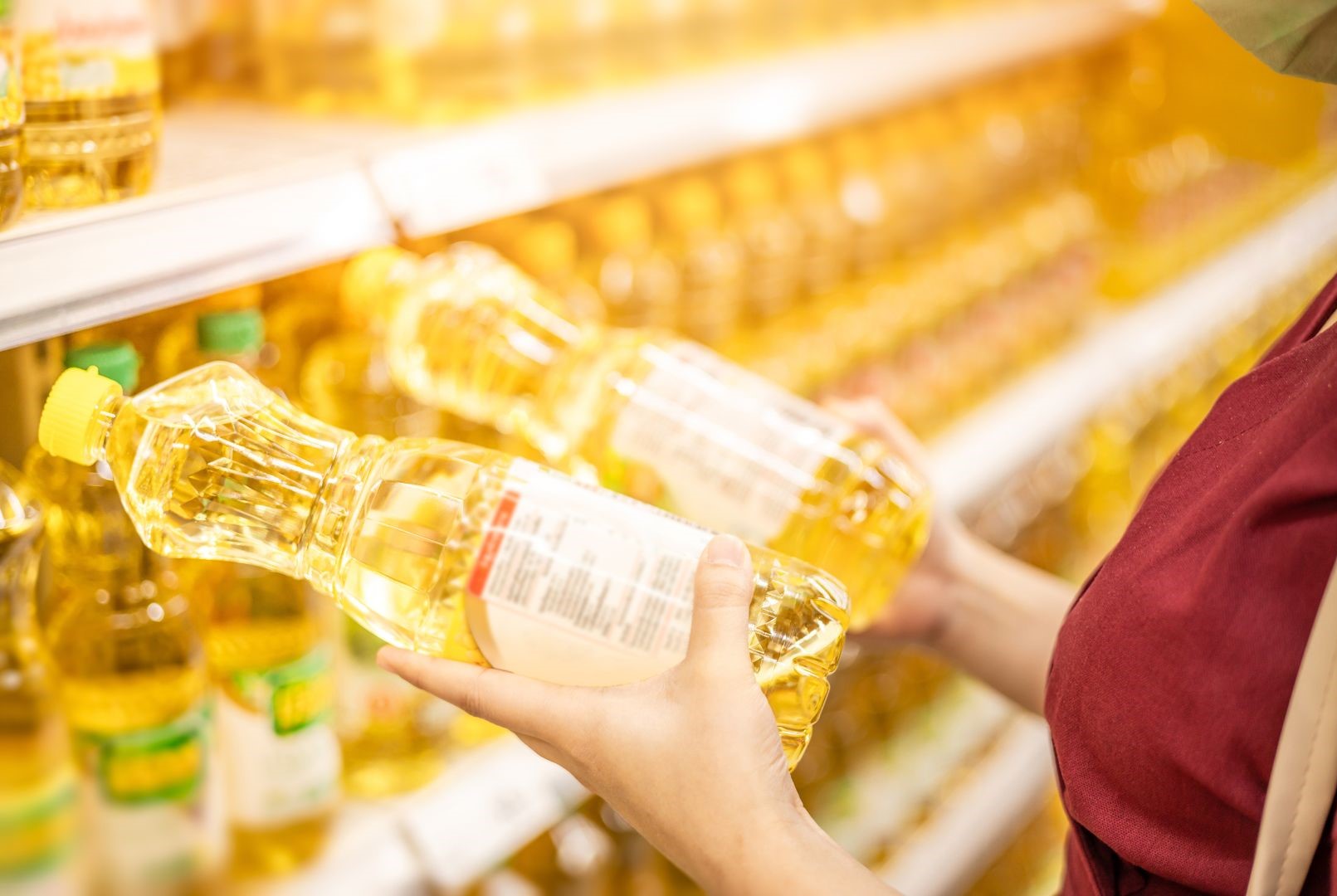Data analysis revolutionizes food traceability in food supply chains
Blockchain technology and data analysis are two of the most transformative technologies of our time, and their combined potential to revolutionize food traceability in supply chains is immense. In an era where consumers are more conscious of the source and quality of the products they consume, blockchain-based food traceability systems offer a solution that brings transparency and trust to the food industry.
What is Blockchain?
Blockchain is a distributed ledger technology that allows for secure, transparent, and tamper-proof transactions. While initially known for its role in cryptocurrencies like Bitcoin, it has since found applications across various industries, including the food supply chain.
How Does Blockchain Work for Food Traceability?
In a blockchain-based food traceability system, all participants in the supply chain, from farmers and producers to retailers and consumers, share and record data about food products on a decentralized ledger. This data includes the product’s origin, cultivation methods, transportation history, etc.
Once this data is recorded on the blockchain, it becomes virtually immutable. Altering or deleting data entries would require consensus among all stakeholders. This robust security feature makes it exceptionally challenging for fraudsters to manipulate traceability data or introduce counterfeit products into the supply chain.
How Does Data Analysis Enhance Food Traceability?
Data analysis is crucial in extracting valuable insights from the wealth of information stored on the blockchain. Retailers, for instance, can use data analysis to identify patterns in product recalls or to spot suppliers at a higher risk of food safety violations. Consumers, too, can benefit from data analysis, using it to make informed choices about the food they buy – identifying locally sourced, organic, or sustainably produced products, for instance.
Benefits of Blockchain-Based Food Traceability Systems
The implementation of blockchain-based food traceability systems offers numerous advantages, including:
- Enhanced Transparency and Traceability: Blockchain technology provides an immutable and transparent ledger of all transactions within the food supply chain. Every stage of a product’s journey, from its origin to its final destination, is recorded and can be accessed by authorized parties. This transparency allows for complete traceability, ensuring that the history of a food product is readily available.
- Reduced Fraud and Counterfeiting: Blockchain’s tamper-resistant nature makes it exceptionally difficult for bad actors to manipulate or counterfeit data. All information on the blockchain is verified by a network of participants, reducing the risk of fraudulent activities, such as mislabeling, adulteration, or introducing counterfeit products into the supply chain.
- Improved Food Safety: Foodborne illnesses and contamination incidents can have serious consequences. Blockchain technology simplifies the tracking and identification of contaminated products. When an issue arises, it can be quickly pinpointed to its source, enabling prompt and targeted recalls to protect public health.
- Efficient Recall Management: With blockchain-based traceability, recalling products becomes more efficient and less costly. A specific product or batch can be traced back to its source, reducing the scope of recalls. This precision helps in minimizing financial losses and reputational damage to companies.
- Consumer Confidence and Trust: In a time when consumers are increasingly concerned about the quality and safety of the products they purchase, blockchain-based traceability builds consumer confidence. By allowing consumers to access information about the origin, quality, and handling of the products they buy, blockchain enhances trust in brands and the overall food supply chain.
Conclusion
Blockchain technology and data analysis have the potential to revolutionize food traceability in supply chains. By providing a transparent, tamper-proof, and data-rich record of food product movements, blockchain-based food traceability systems reduce fraud, enhance food safety, and bolster consumer confidence.
As the adoption of blockchain technology evolves and expands, we can anticipate even more innovative and impactful applications of this technology in the food supply chain. These advancements will benefit businesses and will also empower consumers with the information they need to make informed and responsible food choices. Blockchain’s promise in the food industry is a revolution that promises to make supply chains safer and more transparent than ever before.
References
Alajlan, Razan, et al. “Cybersecurity for Blockchain-Based IoT Systems: A Review.” Applied Sciences, vol. 13, no. 13, 2023, p. 7432.
The Tech Advantage with Elorm K. FOLI: Blockchain beyond Cryptocurrency – The Business & Financial Times. https://thebftonline.com/2023/09/11/the-tech-advantage-with-elorm-k-foli-blockchain-beyond-cryptocurrency/
Ethical Agriculture Podcast. https://ethicalagpodcast.libsyn.com/about
https://miro.medium.com/v2/resize:fit:1276/1*Izgq0gcFMvu6zeXdC4aU2A.jpeg
https://www.altoros.com/blog/wp-content/uploads/2017/09/Blockchain-Retail-Food-Walmart-v3.jpg
https://www.mdpi.com/foods/foods-10-01289/article_deploy/html/images/foods-10-01289-g008.png










































































